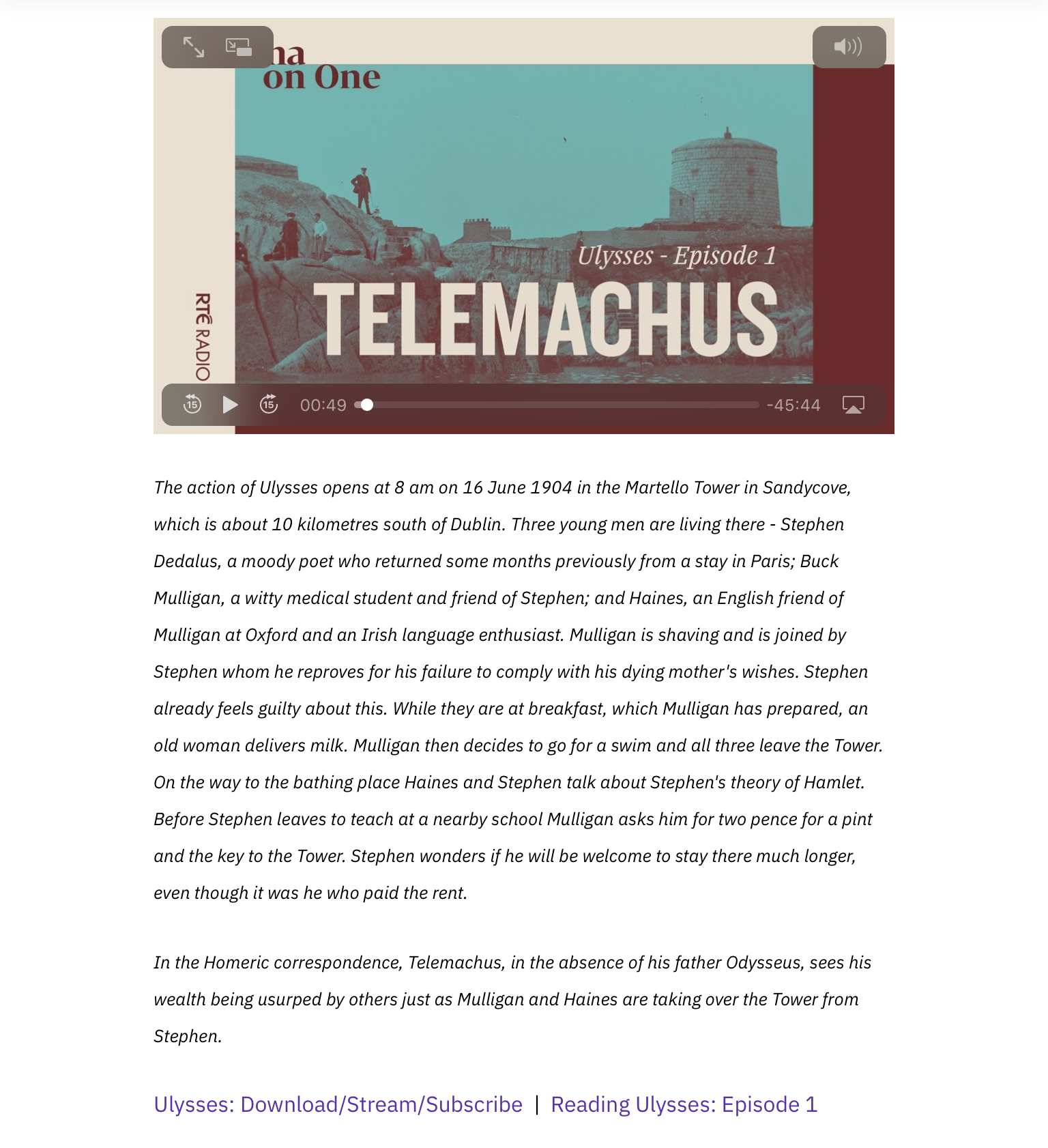“Girls shouldn’t touch our feet!”
It was Teacher’s Day. Many girls huddled around their favourite professor to touch his feet and take his blessings. I was one of them. “Girls shouldn’t touch our feet!” We all looked at him upright. “ I don’t believe in girls touching feet. I believe in gender justice.” In the smaller pockets of India, such mind carried ideas that nurtured entire generation to recognise their birth and gender to realise the lives that were laid and the movements that were started to bring more and more girl child closer to literacy and accessible education. Overcoming a personal loss, that ripped him apart to no lesser degree, he submitted himself to literature and the purpose it served in interpreting life. The grief in his heart, made the words come to life. The lines of his poetry and numerous publications gave art the direction where it was merely a means to be served. The magnetic personality carried the aura of English Department wherever he went. I caught glimpses of him more at the crowds


